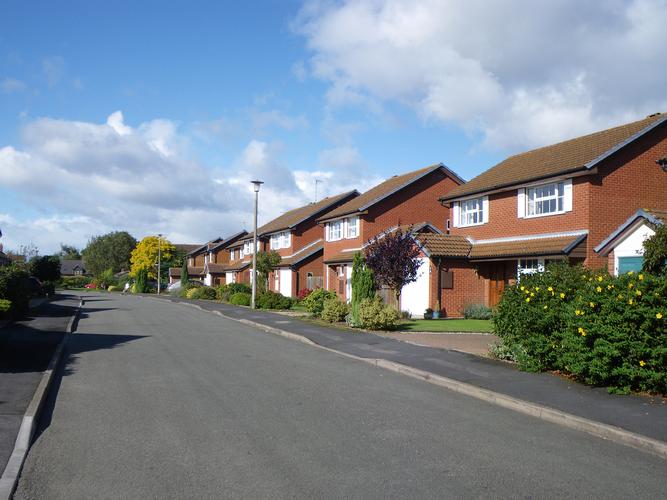Around this time of year, you’ll hear the phrase “we’d like to be in by Christmas” from people buying houses, you may even have said it yourself. This is one reason why autumn and winter see a high number of cessations, or in other words, many mortgages come to the end of their initial term of two, five or however many years. When this happens, your interest rate will switch to the Standard Variable Rate (SVR). The SVR is often higher than your initial rate, meaning your monthly payments could increase. Think of it as the mortgage equivalent to Amazon giving you the first three months of Prime half price: once those months are up, you’ll be paying the standard subscription. Remortgaging can be a way of saving money on your monthly repayments. You could see a more significant reduction if you’ve saved some pennies during lockdown and can pay off more of your loan – although this could incur an early repayment charge so check your paperwork. By remortgaging, you could switch from a tracker product with variable payments to a fixed rate option where you pay the same each month. These benefits might sound especially appealing in the current climate where unemployment is on the up and finances are being squeezed. The coronavirus pandemic has made lots of things more complicated and remortgaging is one of them. But, don’t despair yet! Although many mortgage lenders have introduced policies about applicants who are or have been on furlough, in many cases you can remortgage with your current lender without such policies applying to you. This might be frustrating if your current lender doesn’t offer the best deal but it’s likely to still be better than switching to the SVR. If you’re not sure about your options and your eyes are glazing over at the mere thought of interest rate comparisons, you may want to speak to your adviser. We’ll help you find the best option for your circumstances and guide you through the process. Whether you decide to speak to us or handle matters yourself, you should get started sooner rather than later. Typically, remortgaging can take four to eight weeks. However, in the current post-lockdown, pre-Christmas busy period it could take longer.
